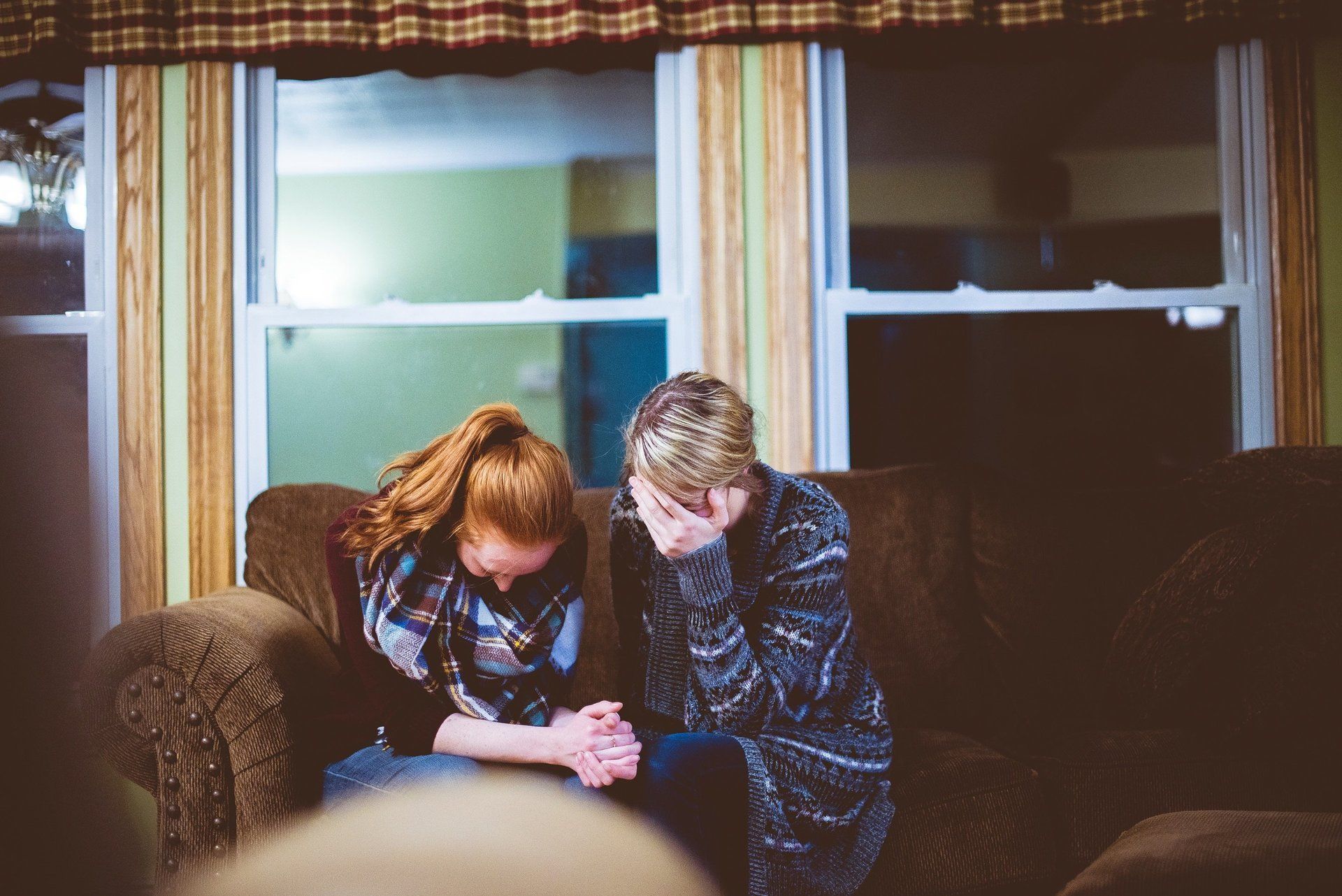By Jeroen Decker
•
December 2, 2019
Losing someone you love and care for can be one of the most difficult experiences you face in your lifetime. Everyone copes with bereavement differently. There is no right or wrong way to feel and there is no set timeframe for when you ‘should’ or ‘shouldn’t’ come to terms with your loss. If you are struggling with bereavement, Priory’s grief counselling can provide you with the support that you need, taking into account your personal circumstances and the nature of your loss to equip you with effective techniques that can help you cope with your feelings. How do I know if I’m struggling to cope with bereavement? The intense emotions you feel may come all at once or when you least expect it. When dealing with grief, you may experience the following: Shock, numbness and feeling dazed Intense sadness and crying Exhaustion Relief Anger Guilt Forgetfulness It is perfectly normal to feel this way. It is important to give yourself the time to process and cope with your loss as this will support in ensuring these feelings becoming less intense. The grief cycle It is generally accepted that there are four stages of bereavement. You may not go through the stages in order or experience each for the same duration. While your grief may feel out-of-control at the minute, it is important to take care of yourself and allow yourself the time to experience the emotion until it passes. The stages typically include: Acknowledging the loss as real - immediately after losing someone, it can be difficult to come to terms with the reality of what has happened. Accepting that your loss is real can take time as your brain adjusts to the enormity of what has happened Experiencing grief - depending on the circumstances surrounding your loss, your emotions may fluctuate between anger, sadness and even guilt, while you may also experience symptoms relating to stress or depression Adjusting to life - while it may seem almost impossible at first, your feelings will eventually become less intense, during which you will begin to feel as though you can resume certain aspects of your life Acceptance – as you come to terms with your loss, you will be able to focus more on other areas of life. This doesn’t mean that you forget, but you are able to move on Coping with grief and loss There is no quick fix or catchall solution when it comes to dealing with grief, but there are things that you can do to look after yourself during the bereavement: Talk - sharing your feelings with someone can be helpful. Don’t try to deal with it alone, and instead turn to supportive family, friends or a counsellor if you’d prefer Know its ok to feel sad - having intense emotions is a normal part of the grieving process, so don’t think that you need to suppress these feelings Keep a routine - try to maintain a structure, even if you don’t feel up to it. However, if you feel like you need to take things slowly, it’s fine to have some time out Look after your physical health - treat yourself kindly, where you get enough sleep, eat well, get outside of the house and spend time with others What if I become ‘stuck’ in a stage of the grief cycle? As the time it takes to move on from bereavement differs from person to person, it can be difficult to know if and when you need help. Some signs that could suggest that you need to think about getting support include: You are finding it more and more difficult to get out of bed You feel like you can’t go on without the person lost Your emotions are so overwhelming they are affecting your relationships, school or work You have lost the motivation to eat properly, leave the house or self-care You feel like you can’t cope with your emotions or daily life It is important to know that these feelings are normal to have, but if they are becoming overwhelming or feel they are consuming your life, it may be a sign that you would benefit from some support. If you or your family are concerned, visit your GP, who will be able to refer you for treatment at Priory, or you can call us directly to find out how we can help. Will I ever feel the same again? The loss of someone who was close to you can change your life, where the rhythm of your day-to-day routine is disrupted. With time and support, you will be able to understand how your life has changed, adjust to a different pattern and feel more balanced with your emotions. This does take time and you may feel overwhelmed with emotions at first, but you will learn to find new meaning again. Achieving a new balance won’t mean that you have to forget the person you have lost – your connection and relationship with them will continue, but instead you will learn to live a new life that still provides as much happiness and joy, just in a different way and that’s ok. Support available for bereavement at Priory At Priory, our experienced and sensitive bereavement counsellors will give you the time and space to talk about your feelings. They will work with you as part of a personalised treatment plan to help you learn effective techniques to cope with these emotions. You will have access to a range of outpatient services which can be accessed at our centrally located wellbeing centres. A more structured residential stay can also be accessed for treating associated symptoms and illnesses such as depression.












